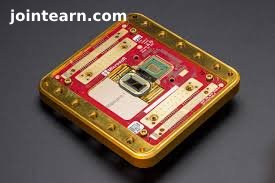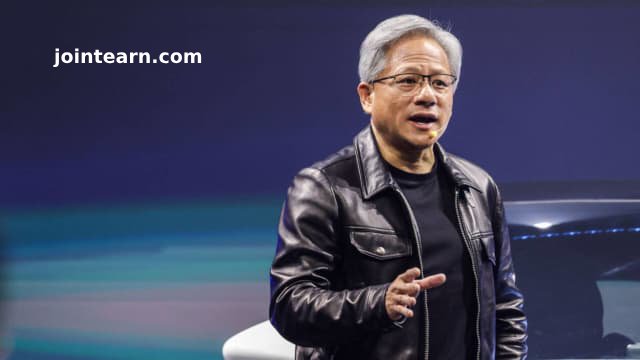Amazon (NASDAQ: AMZN) has officially entered the quantum computing race with the debut of its first-ever quantum chip, Ocelot. The announcement, made on Thursday, positions Amazon alongside Google (GOOG, GOOGL) and Microsoft (MSFT) in the battle to develop scalable quantum computers.
What Is Amazon’s Ocelot Quantum Chip?
Amazon says Ocelot helps solve a key challenge in quantum computing—error correction. By enabling bosonic error correction, Ocelot represents a critical step toward building practical fault-tolerant quantum computers capable of solving complex problems exponentially faster than classical computers.
Big Tech’s Quantum Push: Microsoft and Google Join the Race
Amazon’s move follows Microsoft’s Majorana 1, unveiled last week, and Google’s Willow, introduced in December. These cloud giants are competing for a first-mover advantage in quantum technology, which could transform industries like healthcare, finance, and materials science.
Why does quantum computing matter? Unlike classical computers that use binary bits (1s and 0s), quantum computers leverage qubits, which can exist as both 1 and 0 simultaneously. This allows for massive computational power, potentially solving problems that would take traditional computers thousands of years—in just minutes.
The Quantum Challenge: Overcoming Errors
One of the biggest hurdles in quantum computing is the fragility of qubits. Even minor interference can cause errors, limiting the reliability of current systems. Amazon’s Ocelot chip is designed to enhance error correction, bringing the industry one step closer to practical quantum computing.
According to Amazon’s Fernando Brandão and Oskar Painter, Ocelot’s architecture is built for hardware-efficient scaling, ensuring faster and more cost-effective progress toward error-corrected quantum computers.
When Will Quantum Computing Become Reality?
Experts disagree on when quantum computers will become fully functional. Nvidia CEO Jensen Huang estimates it could take up to 20 years, while Google CEO Sundar Pichai predicts a breakthrough within five to ten years.
One thing is certain: quantum computers won’t be in your pocket anytime soon. These machines require near-absolute-zero temperatures and vacuum-sealed environments, making them impractical for everyday consumer use. However, as Big Tech continues its quantum push, we may be on the brink of a new computing revolution.
Stay tuned for more updates on Amazon, Microsoft, Google, and the future of quantum computing.










